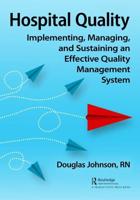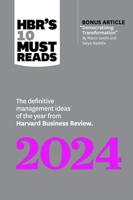Publisher's Synopsis
What is nowadays Human resource role in Hong Kong business organizations?Andy, W.C. el.(2002) indicated that economic downturn which began in early 1998 had dramatic effects on Hong Kong's prosperity and increasing rates of Gross Domestic Product, especially during the 1990s and the early years of the 21st century. In late 2002s, Hong Kong's unemployment rate stood at 7 per cent and showed no immediate prospect of diminishing. This has huge implication for human resource professionals and especially for their training, as managers of the organization's most precious resource, its people. Moreover, downsizing and consequent increases in the rate of unemployment were logical consequences of this process.However, Hong Kong's strengths in finance, trade, services and tourism provided benefits from the effects of these recessionary forces. But, Hong Kong was faced with the poor of dealing with the human resource implications and other aspect of workforce reduction. Hence, it explains why HK organizations need to consider HRM functions as part of the acquisition, development, motivation and maintenance of human resources in order to bring direct relevance of the strategic decision-making on which profits and productivity depend.Human resource management is focused on the development and application of policies in relation to human resource planning, recruitment, selection, placement, and termination, management education, training and career development, terms of employment and methods and standards of remuneration, working conditions and employee services, formal and informal communication and consultation through employer and employee representative at all levels, negotiation and implementation of agreements on wages and working conditions, as well as procedures for the avoidance and settlement of disputes and the creation of a fairer and more equitable workforce in which discrimination in any form is viewed as unethical behaviors.HRM responsibilities include to conduct research into local wage levels to ensure the firm's reward system is competitive with those in other companies, devising remuneration systems to excite or encourage or persuade workers into enhanced effort and efficiency, administering superannuation schemes, e.g. retirement welfare plan, and advising employees about their pensions, maintaining personnel records and statistics, preparing accurate job descriptions and other retirement documentation, implementing health and safety regulations, accident prevention and the provision of first-aid facilities, e.g. safe construction site environment, designing and evaluating management training and development schemes linked with succession planning and developing and implementation systems with facilities organizational communication.









